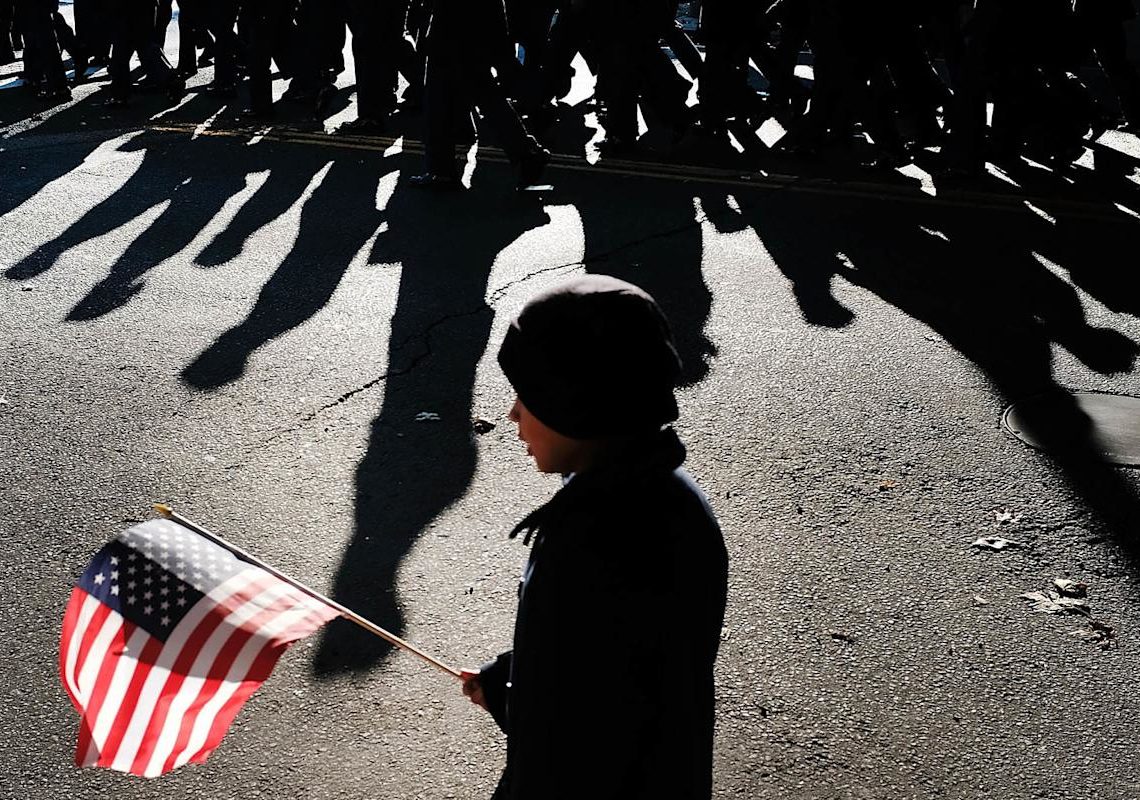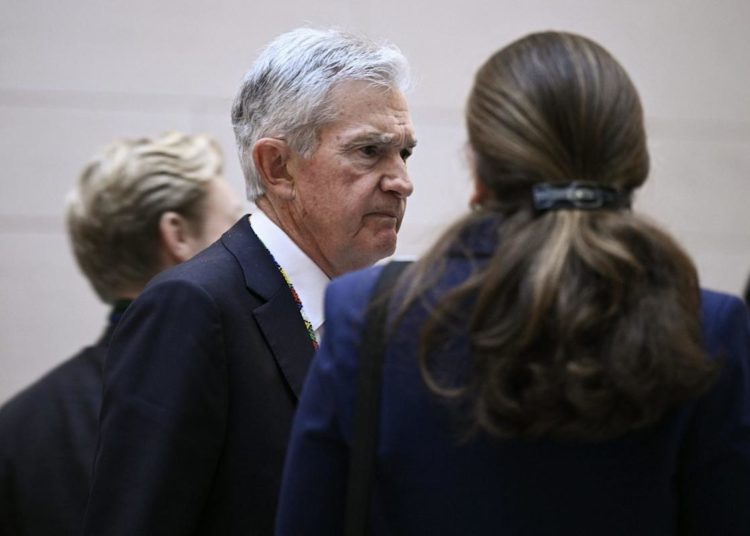WASHINGTON — The Supreme Court could give a major boost to the Trump administration’s muscular use of executive power when it hears arguments Thursday over his plan to end birthright citizenship.
The court is not actually using a trio of cases before it to give the final word on whether Trump can radically reinterpret the long-understood meaning of the Constitution’s 14th Amendment. Instead, it will focus on the power of judges to block presidential policies across the country.
Trump’s plan to limit birthright citizenship to people born to at least one parent who is a U.S. citizen or permanent legal resident is likely to ultimately be struck down, most legal experts say. The 14th Amendment states: “All persons born or naturalized in the United States, and subject to the jurisdiction thereof, are citizens of the United States.”
But for now, the Supreme Court — which has a 6-3 conservative majority, including three Trump appointees — is focusing only on the question of whether lower-court judges had the authority to block the policy nationwide, as three did in different cases.
The administration and its allies have for months raged at judges for issuing “universal injunctions” that have stymied Trump’s aggressive use of executive power. Republicans in Congress quickly introduced legislation on the issue, which was approved by the House of Representatives last month. It has not come up for a vote in the Senate.
“Universal injunctions issued by district court judges … continue to fundamentally thwart the president’s ability to implement his agenda,” a Justice Department official said Tuesday in a call with reporters.
The administration sees such rulings as a “direct attack” on presidential power, the official added.
There have been 39 such rulings so far during Trump’s second term, according to the Justice Department. Injunctions have, among other things, blocked some federal funding cuts and federal employee firings instituted under the direction of Elon Musk’s Department of Government Efficiency.
In other litigation, two courts blocked Trump’s transgender military ban nationwide before the Supreme Court intervened and allowed it to go into effect.
The administration is asking the court to limit the scope of the birthright citizenship injunctions so that they apply only to individual people, organizations that sued or potentially the 22 states that challenged Trump’s executive order.
If the Supreme Court agrees, the Trump administration may be able to implement the policy in part, even as litigation continues and more people sue to obtain rulings that apply to them.
“The birthright citizenship case is a good example of what is at stake,” Colorado Attorney General Phil Weiser, a Democrat who joined one of the legal challenges, said in an interview. “If you literally have to bring separate cases for every single plaintiff, you are limiting the ability of courts to declare what the law is and protect people.”
He said the Trump administration is seeking to “limit judicial oversight over illegal action.”
Broad injunctions against presidential policies are a relatively new phenomenon but have not uniquely targeted Trump. The Obama and Biden administration chafed at similar rulings on issues such as immigration policy.
A Congressional Research Service report found that there were 28 universal injunctions in the four years of the Biden administration and 86 during the first Trump administration, although it conceded a precise number is difficult to pin down. Previously, the Justice Department reported there were 19 such injunctions during the eight-year Obama administration, the report said.
Although all recent presidents have sought to use executive power to circumvent a deadlocked Congress, Trump has been particularly expansive, especially in his second term, which helps explain the high number of injunctions against his administration.
Five of the six members of the Supreme Court’s conservative majority have, in various cases, raised concerns about universal injunctions and suggested that they should be curbed in certain circumstances.
In a 2024 opinion, conservative Justice Neil Gorsuch wrote that it was a “question of great significance that has been in need of the court’s attention of some time.”
The key issue is whether judges have the authority to issue injunctions that sweep beyond the parties directly involved in the litigation.
Samuel Bray, a professor at Notre Dame Law School, has argued against nationwide injunctions and is cited in the birthright citizenship court papers.
He said in an interview that a universal injunction “circumvents normal legal process,” in part because it does not allow for a legal issue to be fully fleshed out by different courts before it reaches the Supreme Court, which has the final word.
“A court doesn’t decide the question for the country just because they are the first,” he added.
If the Supreme Court does curb universal injunctions, it would encourage lawyers to bring class-action lawsuits instead, which could include all people affected by a specific policy and would be the appropriate mechanism, Bray said.
Such suits could be brought by people who would be directly affected by the birthright citizenship order, such as pregnant women who entered the country illegally.
In recent years, presidential administrations of both parties have rushed to the Supreme Court when a policy is blocked nationwide, leading to the justices intervening sooner than they otherwise would, sometimes without full briefing. That practice could change somewhat if the court limits the scope of injunctions.
GianCarlo Canaparo, a legal fellow at the Trump-allied Heritage Foundation, predicted that curtailing the power of judges to issue universal injunctions would lower the stakes in certain cases.
But, he added, “the litigation will still proceed with as much vigor and speed.”
This article was originally published on NBCNews.com
The post Birthright citizenship dispute at the Supreme Court has broad implications for Trump’s agenda appeared first on NBC News.



